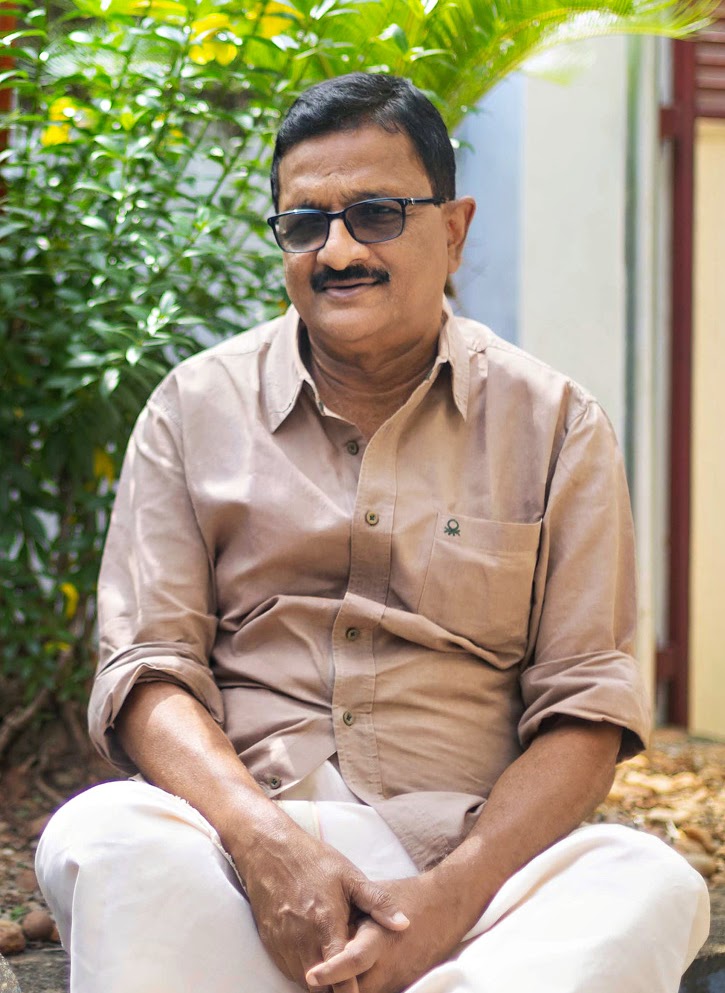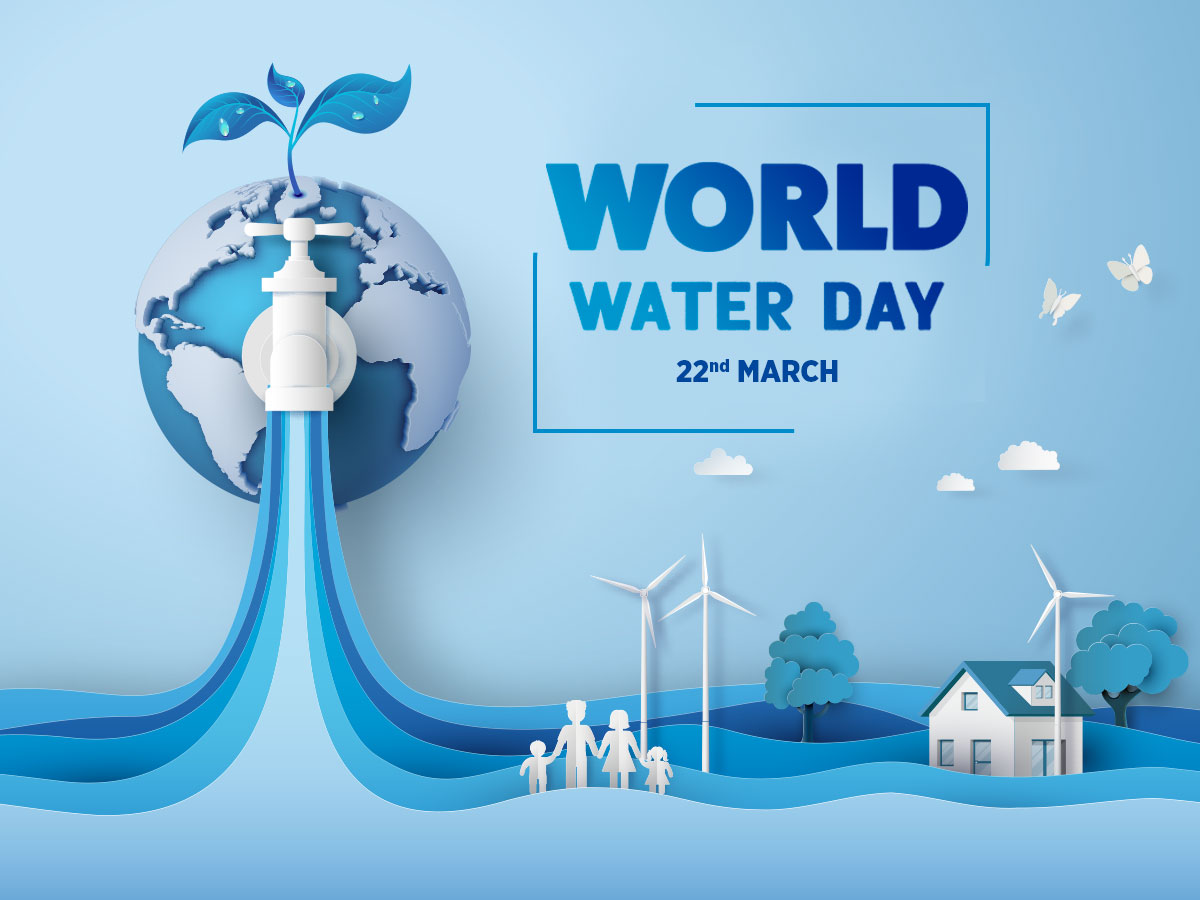
What to blog about
What do I blog about? How big should my blog be? Where should I post my blog?
Everyone wants to start a blog. In fact blogs have come to represent a considerable part of all writing. The online media is abuzz with blogs, some good, some worthless. So if you were a blogger, what are those things you would consider?
What would you blog about? One of the primary considerations for a blogger is the topic to blog about. There may be a rare person driven by a topic, leading to a series of blogs about it. But the vast majority look around for what to write about, sometimes going all over the place and never really finding the right one. Yet there are a few tricks to get this right.
Consider what you are passionate about. Your passion may be something you were involved in or interested in getting involved in. One great advantage with this approach is that you are likely to know a good deal about the topic and what you don’t know you are likely to want to know. Most importantly you are likely to want discussions on the topic and this will invariably lead you to a group of likeminded people.
Another possible area of topic search would be your thoughts that arise from reading other blogs. Reading, especially blog reading, while giving you insights, is likely to add queries in your mind. The search for answers would most likely lead you to a subject to write about. The more blogs you read the more topics you are likely to have to write about. And in those topics on which you have a fair bit of knowledge, you could fill in the gaps in other blogs of the same topic.
Teach whatever you know. Blogs are essentially sharing of knowledge. And the best way to acquire knowledge is through open discussions. This method actually beats classroom learning, especially among adults. Teaching blogs that carry the wealth of your knowledge, are likely to open up discussions and thus drive more reads to your blog.
Another key area where you can seek popular topics lies in presenting solutions to problems. You really do not need to be the ultimate expert in the matter. The fact that you have offered a solution to this problem is likely to raise pro and con reactions on the matter. It is often found that the more ‘laymanish’ your solution is, the more likely it is to evoke reactions, especially from the acknowledged or self-proclaimed experts in the field. However, by sounding like a layman does not mean sounding idiotic.
Live blogging is catching on. This form of blogging links your reader to a Youtube or Facebook live channel, showing the reader, exactly what goes on and acts as a news item, with room for independent commenting
It always helps to add photos in your blog. It is a fact that a picture tells a story more than an entire book would. It actually would be great if those picture are ones that you shot from the scene and truly related to the topic in hand. A blog about street cleanliness would get a great readership if accompanied by actual picture of the street or a video of the scene. It would also help if the blog carried links to related sites or posts. It would be a great add on to invite comments and adding counter comments from your end, whether the incoming comment be positive or negative, to your expressed point of view.
Another major area of confusion is the ideal size of a blog. Quick read blogs for social media should ideally be around three hundred word. This requires the blogger to write in a punchy fashion to get the idea across strongly. However a blog in Google News, Quora or your personal website would get better Google search result if it were around four hundred to six hundred words.
Drive readers in by using social media and posting in FB groups. Give the blog a life of its own by inviting more comments. Commenting on other blogs usually evoke counter-interest in what you write.




